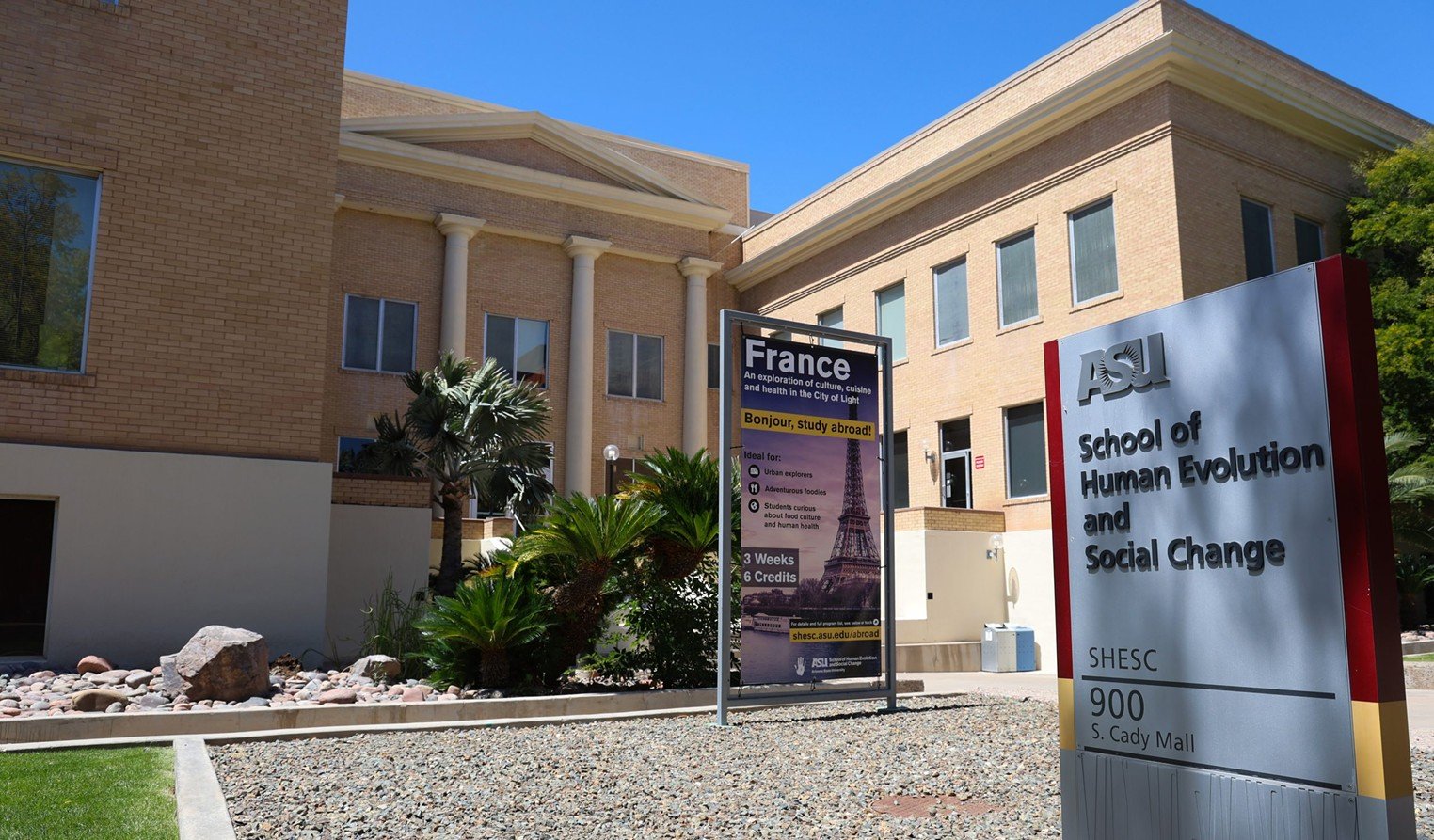Arts & Culture/Jackalope Ranch
ASU Criticized for Failing to Return Native American Remains, New Investigation Reveals

Thirty-four years ago, Congress enacted a pivotal piece of legislation known as the Native American Graves Protection and Repatriation Act (NAGPRA). This law provided Native American tribes with a legal means to reclaim the remains of their ancestors, which had often been unearthed, stored, and displayed in museums across the country.
The significance of NAGPRA cannot be understated. It mandates that American institutions must return human remains and cultural items to their respective tribes. These items include funerary objects, sacred objects, and objects of cultural patrimony.
The act was a response to years of advocacy by Native American communities. They sought to rectify historical injustices and ensure the respectful treatment of their ancestors. Prior to NAGPRA, many Native American remains and artifacts were collected without consent, leading to profound cultural and spiritual consequences.
Despite the law’s intention, the process of repatriation has been slow and fraught with challenges. Some institutions have been reluctant to comply fully. Others cite a lack of resources and unclear provenance of items as reasons for delays. Nonetheless, the act remains a critical tool for Indigenous communities striving to safeguard their heritage.


















